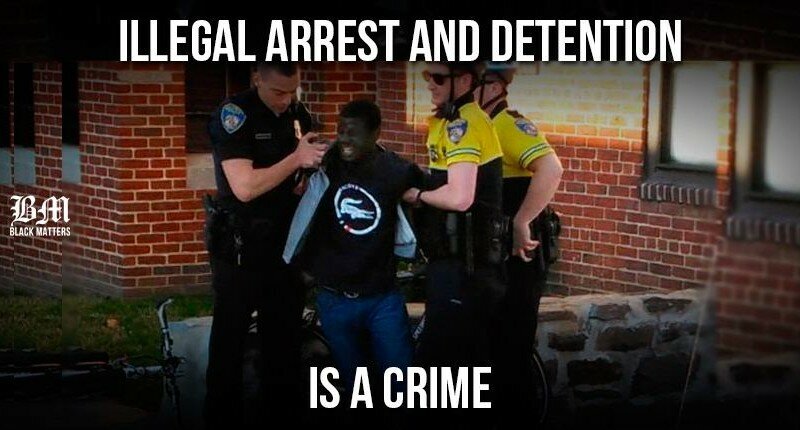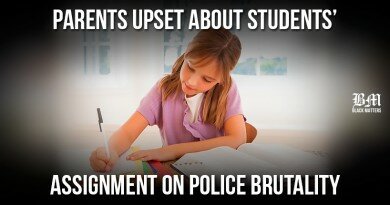Baltimore Prosecutors: Officers Should Be Charged For Making Illegal Arrests
Prosecutors in Baltimore are pushing to bring criminal charges against cops, who stopped Freddie Gray without probable cause.
A novel theory, which Prosecutors in Baltimore are expected to try in the trial of a police officer charged in the arrest and death of Freddie Gray, states that the officers should be charged with assault for handcuffing the 25-year-old because they did not have the authority to detain him.
In a move that will change the landscape of policing in Baltimore City and Maryland, prosecutors in the Freddie Gray case are pushing for police officers, including those, who made the unjustified stop that led to someone’s death, to face criminal charges for illegal arrests with catastrophic consequences.
According to reports, hundreds of unwarranted arrests are made in the city, and the victims of these police harassment incidents end up being detained and later released without any charges brought up against them.
Many legal experts see Baltimore’s State’s Attorney Marilyn J. Mosby’s decision to try this theory in prosecuting Officer Edward M. Nero, 30, who is charged with second-degree assault, two counts of misconduct in office, and reckless endangerment, as a very bold move that requires political will to pursue.
However, Nero’s defense attorneys have called the officer’s actions “a mistake,” without even acknowledging the fact that his racially motivated “mistake” led to the death of a young man. They have also pushed for Grays death not to be mentioned at the trial because they want to ignore the consequences of their client’ actions.
The traumatic effects these unlawful arrests and detentions have on black people, who end up locked up with criminals and humiliated for no good cause, are often ignored.
Therefore, we hope the prosecutors are successful in pursuing this novel theory, as this will help fix the system that is skewed against black people.
Share this article and help to fight against racial discrimination in our communities.






